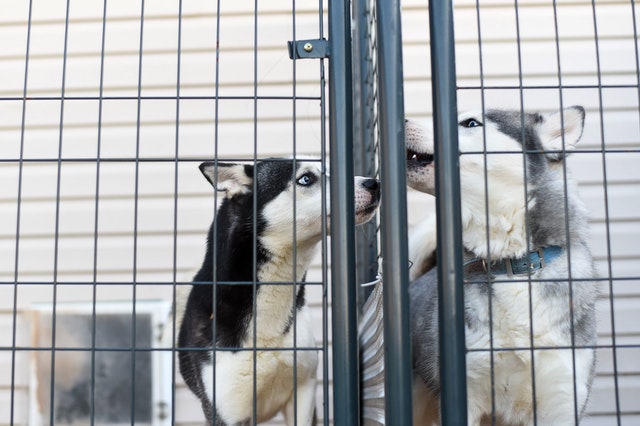10 Tips on How to Start Your Own Boarding Kennel Business
Starting your own boarding kennel business can be a fun and rewarding venture. You’ll be able to provide an essential service for pet owners and their respective pets. When owners need someone to watch their pets, they’ll seek your business’s boarding services. Below are 10 tips on how to successfully start your own boarding kennel business.
#1) Choose a Unique Brand Name
Like with most businesses, a unique brand name can help your boarding kennel business succeed. If it uses a generic name, owners may not recognize it as a provider of boarding services, or they may mistake it for your business’s competitors. You can avoid these pitfalls by choosing a brand name that’s both relevant and unique. Your boarding kennel business’s brand name should convey that it offers boarding services, and it also should also be unique. With the two simple elements, you’ll be able to attract clients more easily.
#2) Find the Right Location
Location matters when starting a boarding kennel business. If you open it in a rural place where few or no pet owners live, you’ll inevitably struggle to attract clients. On the other hand, if you open your boarding kennel business in a densely populated city, you can expect harsh competition. You must find a medium ground where there’s strong demand for boarding services but not an excessive amount of competition.
#3) Emphasize Cleanliness
Don’t underestimate the importance of cleaning and sanitizing your business’s kennels. Most clients won’t blindly drop off their pets at a boarding kennel without first checking its facilities. They want to ensure that their pets are kept in a clean and safe environment. By regularly cleaning and sanitizing your business’s kennels, clients will feel confident knowing that their pets are in good hands.
#4) Show Compassion
Always show compassion when handling clients’ pets. Pet owners typically view their pets as family members. Therefore, they may feel reluctant to drop off their pets at an unfamiliar boarding kennel. Showing compassion to clients’ pets will reaffirm their confidence in your business. When a client initially drops off his or her pet, show compassion by petting and talking to the client’s pet. Clients are more likely to continue using your boarding services if you show compassion to their pets.
#5) Consider Alternative Services
Even if your business’s primary operations consist of boarding, you can still offer other services for pet owners. According to the American Kennel Club (AKC), many boarding kennels offer optional services such as grooming and training. Some of them sell pet food, treats and toys as well. Alternatively, you can expect your business’s boarding services to include both dogs and cats.

#6) Get Training
Training can help your boarding kennel business succeed. The more experience you have working with pets, the better you’ll be able to run your business. As a result, many entrepreneurs who aspire to start their own boarding kennel business begin their journey elsewhere. They may work at an existing boarding kennel for a few years to acquire firsthand knowledge and experience. Some of them may even work at veterinary clinics as assistants or receptionists.
#7) Determine Requirements
You should determine the requirements for using your business’s boarding services. In other words, what do clients need in order to drop off their pets? Most boarding kennels require proof vaccination. If a client’s pet hasn’t been vaccinated, it may be infected with a disease that spreads to other pets boarded at your business. In addition to proof vaccination, you may want to ask clients for their emergency contact information. If an emergency arises with a client’s pet, you’ll need to contact him or her as soon as possible.
#8) Secure Equipment
All boarding kennels use equipment. Among other things, you’ll need to secure kennels, gates, collars, leashes and food. Regarding the kennels, you’ll need a variety of sizes. Dogs can range from just a few pounds to well over 100 pounds, depending on the breed. Therefore, you’ll need small-, medium- and large-sized kennels to support them.
#9) Recruit the Right Employees
Recruitment is an essential step in starting a boarding kennel business. Being that boarded pets require around-the-clock supervision, you can’t expect to run a boarding kennel business by yourself. Rather, you’ll need a team of hardworking and dedicated employees. Most boarding kennels have managers and assistants. A kennel manager is a high-level employee who oversees the kennel’s operations. A kennel assistant, on the other hand, is a lower-level employee who’s responsible for cleaning and caring for boarded pets.
#10) Offer Freebies
Giving clients something of value for free can encourage them to choose your boarding kennel business over its competitors. Clients typically don’t expect freebies, so when they receive, it gives them a positive impression about your business. You can offer free bathing, for example. When clients drop off their pets, give their pets a bath at no additional charge.

